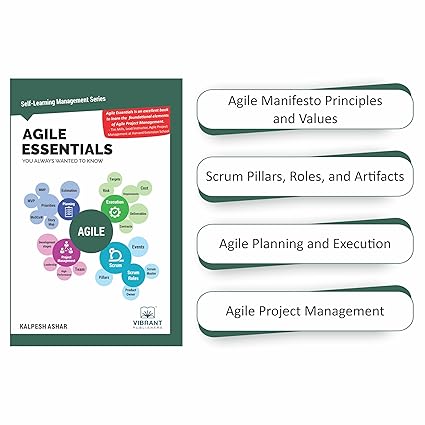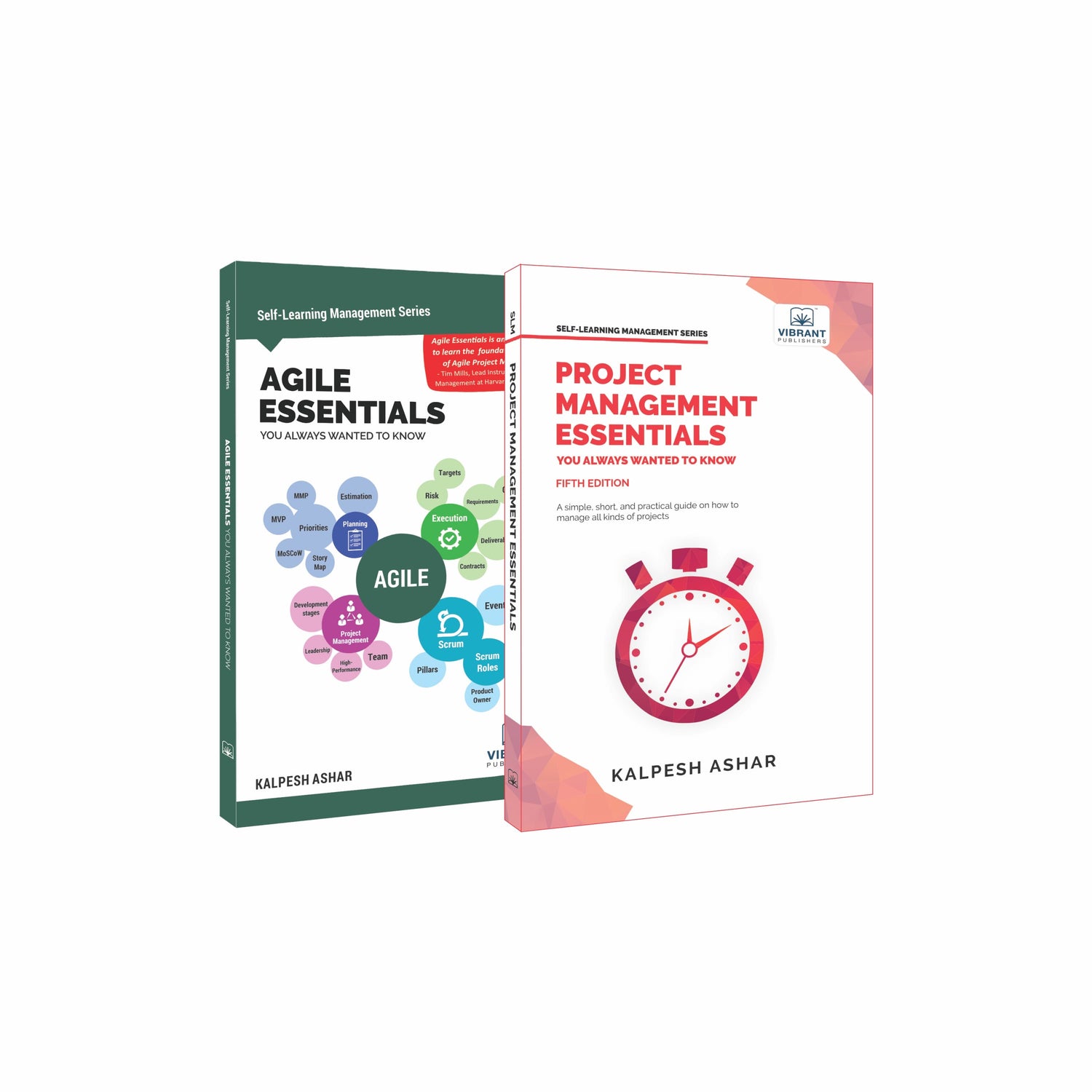
Future Job Market for Java Professionals
by Vibrant Publishers
When contemplating opportunities for Java professionals, many dismiss it as an outdated technology option, thinking, will Java remain in demand?
Let us dispel this illusion for you with some illuminating facts.
According to CODEGYM, the Java job market had more opportunities in the year 2020 than ever before, regardless of the global pandemic crisis. The market witnessed several Java job vacancies. Even the job switch rate for Java professionals is less than 8%, compared to 27% for the software development profession as a whole and 35% for database administrators. Also, given a higher-level administrative role, a significant number of Java developers simply prefer to retain their position. If this isn’t the best proof that Java programming is the ideal career choice for the vast majority of professionals, we don’t know what is. We can state that the future for Java professionals is as bright as the rising sun.
Now that it’s pretty clear the Java job market is not going anywhere, Java job vacancies will witness an increasing trend in the coming decade. So, let us begin with what this beloved programming language has in store for all Java Job seekers out there.
What can Java professionals expect from the Java job market in the near future?
According to reports, the IT industry will witness significant job shifts, resulting in numerous Java job vacancies. With the advancement of the tech industry, the Java job market will experience a favorable turn as many corporations rely on this programming language to create their core offerings.
Java job vacancies reach a rather high ranking with every season. The above facts back up the Java obsession. Fresh graduates and experienced professionals remain inclined towards Java. Presently, there are over 7 million Java developers, with around 0.5 million new coders joining the Java community each year. This showcases the level of aggressive competition in the field for Java developers.
How can Java professionals achieve lucrative jobs in the cut-throat Java job market?
Java is unquestionably an excellent way to begin for people who are new to coding. Even the Java professionals who have sustained in the market till now need to stay updated with the market needs to scale their careers to new heights. However, getting past the screenings and interviews for a Java job is no cakewalk. Coders have to go through various technical rounds of tests and interviews. Adequate preparation of commonly asked questions in a Java job interview is crucial for selection. One can unearth smart tactics from specially compiled books that put the candidate in charge and push them to do their best. Acquiring additional skills in Java-related technologies can also provide you an edge in the Java job market.
What is the scope for other Java-related technologies/platforms?
Java professionals can multiply their prospects for a high-paying job by upgrading their skills and mastering related tools and frameworks. This language has several frameworks (VUE.js, jQuery, Angualr.js, and React.js) with a strong presence in the market and is continually expanding. As per the Devskillers report, Javascript stands as the most sought-after IT skill among developers worldwide. At least 80 percent of the websites rely on a third-party JavaScript web framework or library to perform client-side scripting tasks.
To understand the potential of Java in the job market, it is also necessary to know how it fairs in contrast to other popular languages. So, before we move further, let’s take a peek at Java’s performance in contrast to other competing languages such as Python and C++.
Where does Java stand in comparison to other eminent languages like Python and C++?
The most common programming languages used besides Java are C++ and Python. These have been the foundation for almost all prominent development projects worldwide.
C++ has grown in popularity as a fast and compiled programming language, and it is among the first languages that a newbie programmer learns. However, in contrast to Java, the language has lower portability. C++ programmers are anticipated to have a satisfactory amount of opportunities at least until 2022. Candidates with substantial expertise will have bright prospects and multiple avenues in C++ programming.
On the other hand, Python is an interpreted language that is both current and quick to type. The code is 3-4 times shorter than that of Java. There has always been a tussle between Python and Java in terms of their demand. Python programmers have a very strong job market for web development projects. As a result, there is always business for a Python coder.
Java remains popular because of its platform independence. Programmers have used this language to give life to many popular apps and software systems. Java is also being employed to create solutions for machine learning, genetic programming, and multi-robotic systems, all of which have a promising future—no wonder the Java job market continues to thrive.
Conquer greater heights in the Java job market with robust preparedness!
Some of the world’s biggest companies, such as Twitter, Google, LinkedIn, eBay, and Amazon, use Java to establish a coherent architecture between their web application and backend systems. This fact emphasizes the scope and appeal of Java Programmers. As a result, the salaries of Java Programmers in many countries are among the highest in the computer and internet networking industries. Artificial Intelligence, Big Data, and Blockchain are some of the new technologies where the scope of Java is likely to expand.
Therefore, being on your feet and educating yourself to meet industry standards improves your chances of landing a successful job in Java programming. A great deal of preparation with assistance from Vibrant Publishers will help you accomplish this goal.
Remember friends, the best way to predict your future is to create it! We wish you success!
The new edition of the book, Core Java Interview Questions You’ll Most Likely Be Asked, released in Sep 2021, has all the goods of the old edition plus additions like the latest Java interview questions, scenario-based questions, and a tutorial on building an ATS-compliant resume. The book is ideal for job seekers with zero to five years of experience.
Share











